$REMX $MINE #ChinaNews #RareEarthElements #GlobalTrade #ExportControls #SupplyChain #EconomicPolicy #ChinaEconomy #TradeWar #Geopolitics #MarketWatch #ResourceManagement
Did China Just Tighten Rare-Earth Export Rules? What It Means for Global Trade
In recent developments in China’s news, the country’s commerce ministry clarified that its rare-earth export controls, implemented on October 9, are lawful measures aimed at national security. This announcement comes amidst growing concerns over global supply chains and geopolitical tensions. According to the ministry, these controls are not outright bans but are instead focused on licensing for eligible civilian exports.
As the world’s largest producer of rare-earth elements, China’s policies can significantly influence global markets. Rare earths are crucial for various industries, including electronics, renewable energy, and defense. Consequently, any changes in export regulations can reverberate through multiple sectors, affecting everything from electric vehicle production to smartphone manufacturing.
Understanding the Context of China’s Rare-Earth Export Controls
The backdrop to these new measures involves increasing international scrutiny over China’s trade practices and its implications for global economic stability. Countries reliant on rare-earth imports, particularly the United States and members of the European Union, have raised alarms about their dependence on Chinese supply. The U.S. has even sought to diversify its supply chains to mitigate risks associated with such dependencies.
By framing these export controls as security measures, China is asserting its right to regulate resources that are vital for both economic and military purposes. This strategy aligns with its broader objective of enhancing national sovereignty over critical materials. As a result, companies and governments worldwide must rethink their strategies regarding rare-earth sourcing.
Implications for Global Trade Dynamics
What does this mean for global trade? First, nations that heavily depend on Chinese rare-earth exports must consider alternative sources. The U.S. has been exploring domestic mining options and partnerships with other countries, such as Australia and Canada, to reduce reliance on China.
Furthermore, the uncertainty surrounding export regulations may lead to increased prices for rare-earth elements. This price volatility could impact sectors reliant on these materials, prompting companies to adjust their pricing structures or seek substitutes.
In addition, the geopolitical landscape may shift as nations react to China’s assertive stance. Countries may bolster alliances or create trade agreements aimed at securing their access to essential resources. This could lead to a more fragmented global trading system, where countries prioritize regional partnerships over traditional global trade routes.
The Road Ahead: Strategic Adjustments Needed
Moving forward, businesses and governments must develop adaptive strategies to navigate these evolving dynamics. For companies in the tech and automotive sectors, investing in research and development for alternative materials could be essential. Similarly, policymakers need to engage in dialogues to establish a more resilient supply chain framework that safeguards against disruptions.
In conclusion, China’s recent declaration regarding rare-earth export controls underscores the interconnectedness of global trade and the critical nature of resource management. With potential shifts in market dynamics and geopolitical relationships, stakeholders must stay informed and agile.
For those interested in further exploring the intersection of global trade and investment opportunities, check out our stock articles for insights on how these trends could impact market performance. Additionally, for a deeper understanding of the role of cryptocurrencies in the evolving economic landscape, visit relevant text.
Ultimately, the dialogue surrounding China’s rare-earth export controls serves as a reminder of the intricate balance between national security and economic interdependence.
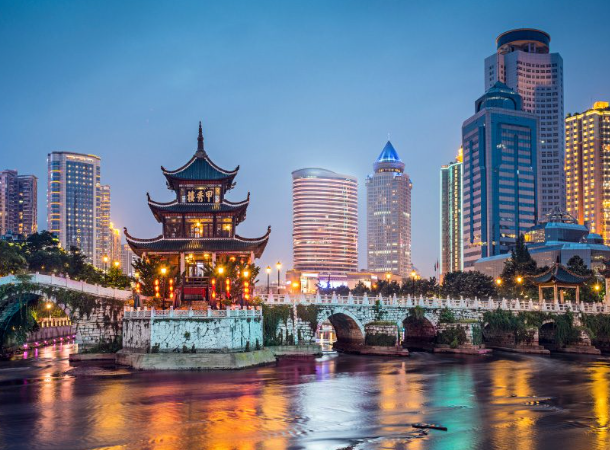
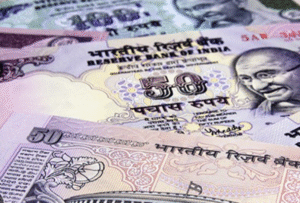


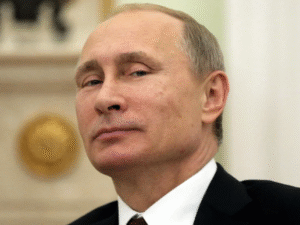
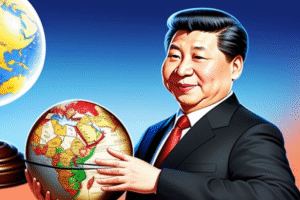
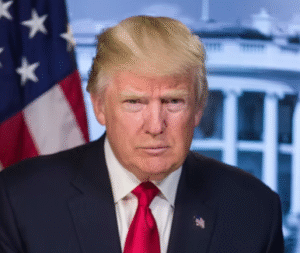
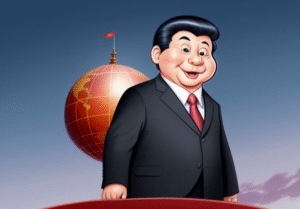
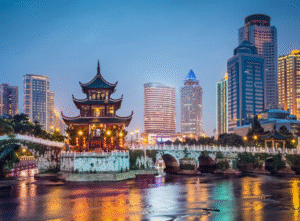


Comments are closed.